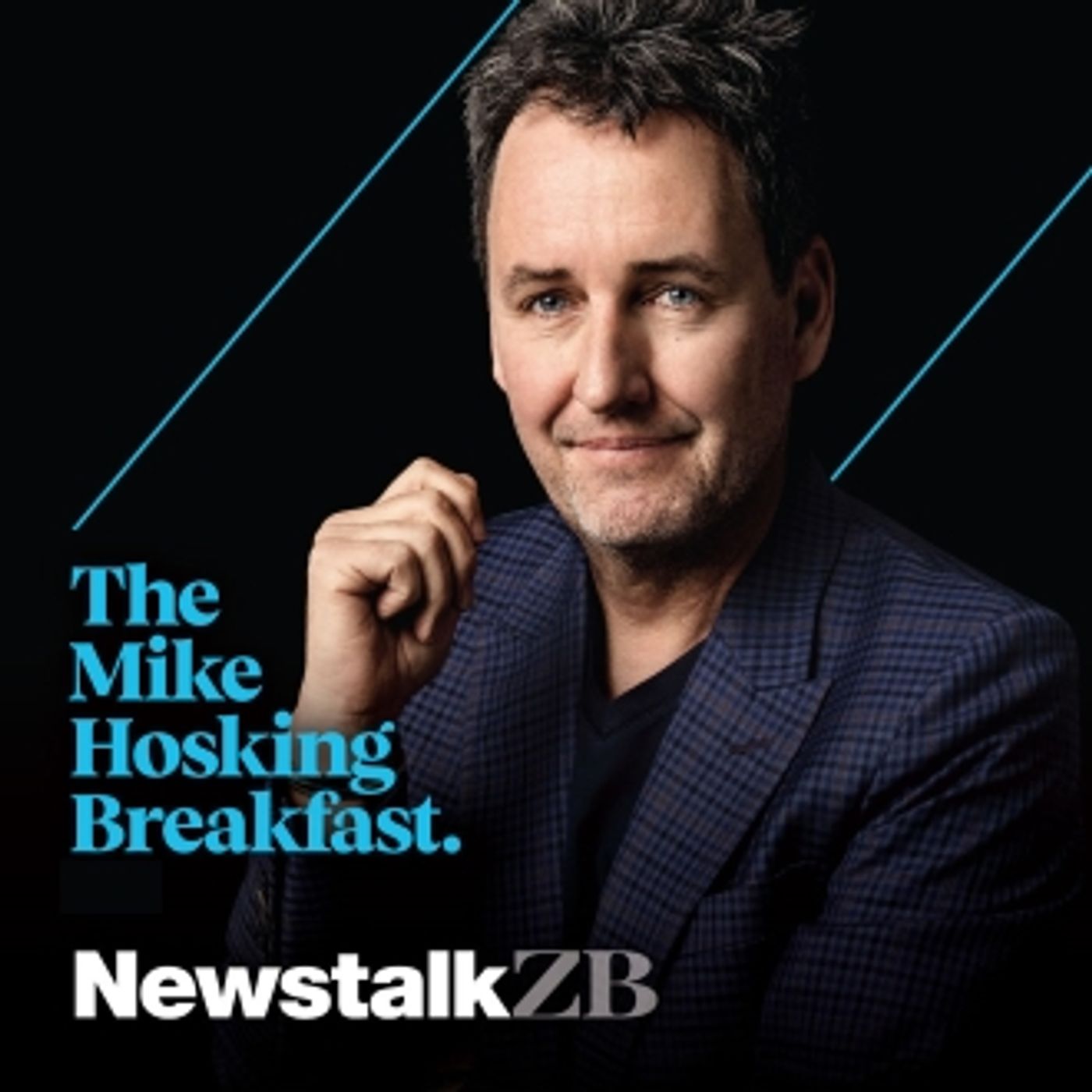- Other
- SEE MORE
- classical
- general
- talk
- News
- Family
- Bürgerfunk
- pop
- Islam
- soul
- jazz
- Comedy
- humor
- wissenschaft
- opera
- baroque
- gesellschaft
- theater
- Local
- alternative
- electro
- rock
- rap
- lifestyle
- Music
- como
- RNE
- ballads
- greek
- Buddhism
- deportes
- christian
- Technology
- piano
- djs
- Dance
- dutch
- flamenco
- social
- hope
- christian rock
- academia
- afrique
- Business
- musique
- ελληνική-μουσική
- religion
- World radio
- Zarzuela
- travel
- World
- NFL
- media
- Art
- public
- Sports
- Gospel
- st.
- baptist
- Leisure
- Kids & Family
- musical
- club
- Culture
- Health & Fitness
- True Crime
- Fiction
- children
- Society & Culture
- TV & Film
- gold
- kunst
- música
- gay
- Natural
- a
- francais
- bach
- economics
- kultur
- evangelical
- tech
- Opinion
- Government
- gaming
- College
- technik
- History
- Jesus
- Health
- movies
- radio
- services
- Church
- podcast
- Education
- international
- Transportation
- kids
- podcasts
- philadelphia
- Noticias
- love
- sport
- Salud
- film
- and
- 4chan
- Disco
- Stories
- fashion
- Arts
- interviews
- hardstyle
- entertainment
- humour
- medieval
- literature
- alma
- Cultura
- video
- TV
- Science
- en
Blair Lipson: 'Child-centred' teaching blamed for NZ's educational decline

A "deluded" child-led approach to teaching is to blame for New Zealand's declining educational performance, new research says.
The NZ Initiative report, New Zealand's Education Delusion, says NZ educators are deluded in thinking teachers should let children direct what they want to learn about.
It calls for a much more detailed curriculum specifying what children should learn at each level, and standardised national assessments to ensure they learn those things.
But Kiwi experts have hit back at the findings, saying prescriptive "Eurocentric" teaching practices risk ignoring the needs of indigenous communities.
Report author Briar Lipson says "It's too much of a lottery". Photo / Supplied
Report author Briar Lipson, a former British maths teacher who helped set up two charitable low-decile primary schools in London, says encouraging children to choose what they want to learn entrenches the differences that children start school with.
"It's too much of a lottery," she says.
"Students of unabridged Shakespeare are judged equally to those who study the lyrics of 'more relevant' artists like Tupac or David Bowie.
"Such deference to relevance explains why the NZ Curriculum exacerbates variations between classrooms and schools. Rather than having a narrowing effect, it intensifies inequity."
Lipson says New Zealand's educational outcomes have declined in parallel with the rise of child-led learning.
International surveys show NZ 10-year-olds' reading levels fell in 2016 to their lowest since the surveys started, and our 15-year-olds' reading and maths levels declined in every survey between 2000 and 2018.
In science, the 15-year-olds' scores were stable up to 2012 but plunged in 2015 and 2018.
"In reading and science, the average student's performance has fallen by the equivalent of about three terms' worth of schooling," Lipson writes.
"The drop was even worse in mathematics, where students lost the equivalent of nearly a year and a half's worth of schooling."
In contrast, Lipson says, England adopted a much more detailed curriculum in 2014 and international assessment scores were already improving.
Until the 1990s, New Zealand had a detailed syllabus prescribing what children had to learn in every subject.
But that changed to a much looser framework in 1993 and an even looser one in 2007.
In social studies, for example, children in senior primary school are now expected to "understand how people view and use places differently", as well as a more specific "understand how early Polynesian and British migrations to New Zealand have continuing significance for tangata whenua and communities".
Children are expected to learn these often-vague topics through their own "inquiry".
"Children might use the internet to research a topic, then report their findings to the class," Lipson writes.
She says this approach may work for children who already know something about the topic, but not for those who don't know where to start. She cites Professor John Hattie's research showing that inquiry-based teaching has an effect size that is far below direct instruction.
However Hattie, a former Auckland University professor now based in Melbourne, says there is "not one iota of evidence that NZ has slipped in the international assessments because it has adopted a child-centred philosophy".
"I have often lauded the NZ curriculum because (unlike the Australian one at about 2500 pages) it is brief (67 pages), it allows multiple opportunities for schools to choose the specifics ... it is rich in knowledge and invites a balanced approach to precious knowledge and competencies," he says.
Albany Senior High School principal Claire Amos says Lipson's view that the curriculum should prescribe Shakespeare rather than Tupac or Bowie is "Eurocentric".
"The danger of prescribing a powerful knowledge curriculum is about whose knowledge.
"This is really a colonial tool of putting old western knowledge ahead of indigenous communities."
Auckland primary scho...